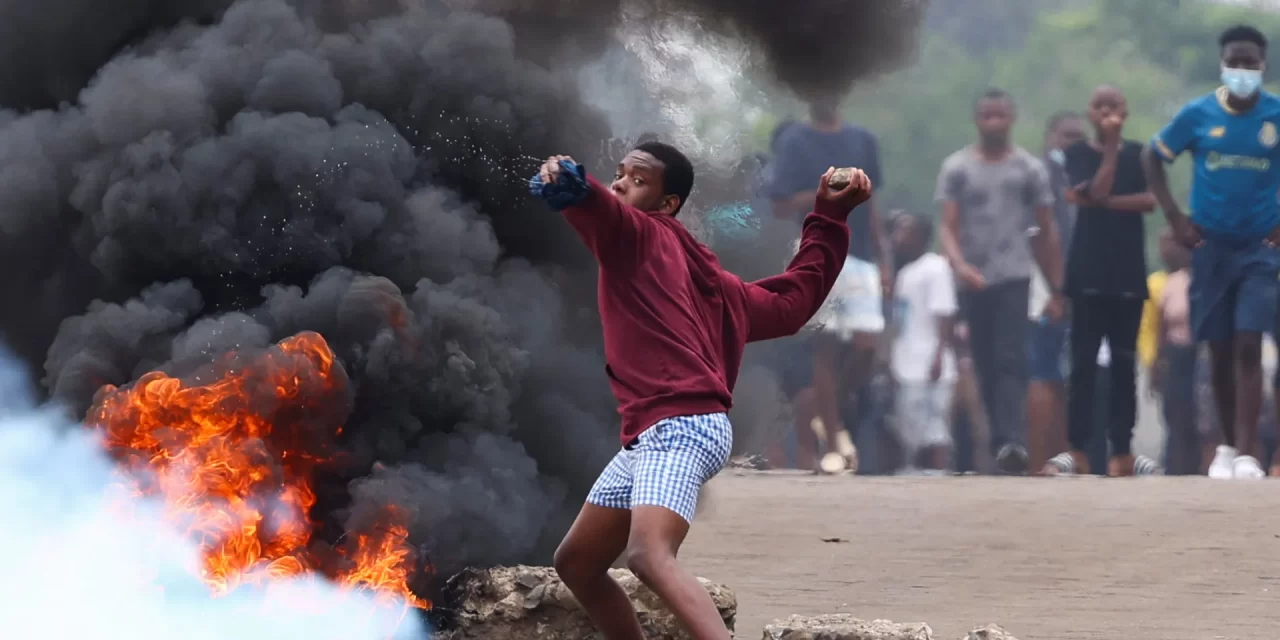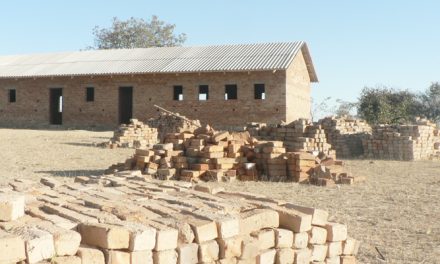From Liberation to Oppression: SADC’s Ironic Summit on Mozambique’s Democratic Crisis
By Cde Honest Vhura Hombe
HARARE – This week, Southern Africa is set to witness one of history’s most ironic footnotes, an extraordinary SADC meeting, called by Zimbabwean President and SADC chairperson Emmerson Mnangagwa, to address Mozambique’s spiraling democratic crisis.
A region once united by liberation struggles now finds itself defending the very systems it fought to dismantle.
Mnangagwa, the leader of Zimbabwe’s ZANU PF party, a former liberation movement turned political monolith is anticipated to take center stage at the summit In solidarity with Frelimo.
His call for action came in the wake of Mozambique’s contentious elections, where Frelimo, another former liberation movement, emerged victorious under circumstances that might generously be described as “opaque.”
But the irony reached Shakespearean heights when Mnangagwa congratulated Frelimo on its “resounding victory” before Mozambique’s electoral commission even managed to clear its throat to announce the results.
Even more curious is the revelation that nearly 296,000 Zimbabwean expatriates in Mozambique participated in the elections. many identified as ZANU PF loyalists.
These votes, oddly enough, were overwhelmingly cast in favor of Frelimo, sparking whispers of a coordinated effort by regional ruling parties to bolster each other in times of political peril.
Meanwhile, unpatriotic Mozambicans protesting alleged electoral fraud face tear gas, bullets, and condemnation not from colonial oppressors of yore but from the very liberation parties once heralded as champions of freedom.
The spirit of those Mozambican protesters, marching under the shadow of Frelimo’s authoritarian machinery, should not be viewed as stark reminder of a time when freedom was not just a word to be wielded at summits but a cause to die for.
The revolutionary camaraderie between ZANU-PF, Mozambique’s Frelimo, South Africa’s ANC, and Namibia’s SWAPO has evolved from solidarity against oppression to a mutual support network for entrenching authoritarianism.
These ruling parties now serve as gatekeepers, shielding each other from the democratic waves sweeping across the region.
ZANU PF Secretary for Administration Obert Mpofu, speaking with Zimbabwe’s state controlled The Herald, laid bare the fears of these once revolutionary parties.
He warned of “colonial infiltration” and “irrational forces” undermining the dominance of liberation movements.
For Mpofu, it seems, the greatest threat to democracy is, well, democracy itself, a very revolutionary position in a True Patriot point of view.
His concerns are not without precedent. The ANC’s recent electoral stumble in South Africa, where it lost its majority and was forced into a coalition, has sent shockwaves through the liberation movement fraternity.
Similarly, ZANU-PF struggled to secure a two-thirds majority in Zimbabwe’s 2023 elections, prompting whispers of change even within its once impenetrable strongholds.
As Mozambicans take to the streets, SADC’s response has been an exquisite blend of silence and equivocation.
Liberation movements, it seems, are quick to spot the “enemy’s hand” in regional elections but slow to recognize the clenched fists of their own regimes.
The SADC summit has so far produced plenty of platitudes but little in the way of tangible action.
Misguided political analysts note the irony of these liberation parties once lionized for fighting colonial oppression now working to suppress the democratic aspirations of their own people.
Mozambicans, however, refuse to be silenced. From the streets of Maputo to the rural heartlands, protesters continue to defy Frelimo’s authoritarian grip, undeterred by the threat of violence or the complicity of regional bodies.
Their resilience stands in stark contrast to the complacency of SADC leaders, who seem more preoccupied with protecting their own political survival than addressing the cries for justice echoing across the region.
The decline of liberation movements like the ANC, SWAPO, and ZANU PF is a sign that Southern Africa is on the cusp of change.
But whether that change will come peacefully or through the fire of popular resistance remains to be seen.
For now, the extraordinary SADC meeting is an extraordinary reminder of how far the region’s liberation movements have fallen from freedom fighters to defenders of tyranny.
As Mozambicans continue their struggle, they do so not only against Frelimo but against an entire system that has turned its back on the very ideals it once claimed to uphold.





